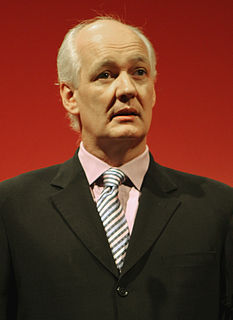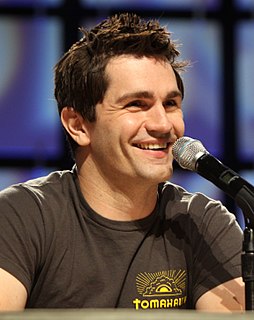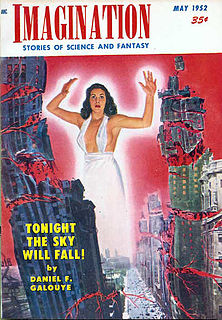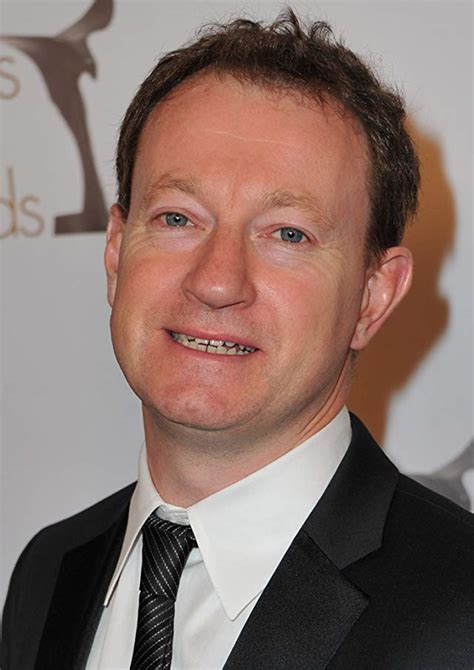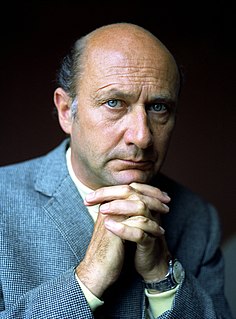A Quote by Simon Pegg
American audiences tend to be more expressive than British ones.
Related Quotes
I think there's a quality of passion to the American actor. I'm certainly attracted to it, and I like to hope that underscoring it is a characteristic of my work. That quality is certainly also present in some British actors, but I tend to feel the mechanical and intellectual process is dominant in the British.
In general, in more collectivist cultures, we see that in group settings, people dampen their emotions but are very expressive when they are at home alone. In more individualistic cultures, such as North America and Europe, it's the opposite - people are more expressive in group settings than when they are by themselves.
I think I've actually benefited from Australia being a kind of combination of both British and American culture. We kind of got the best of both British and American television and books, science fiction and fantasy, and so on. So I'm familiar with a lot of, for example, American books and television that a British author of my generation might not be.

